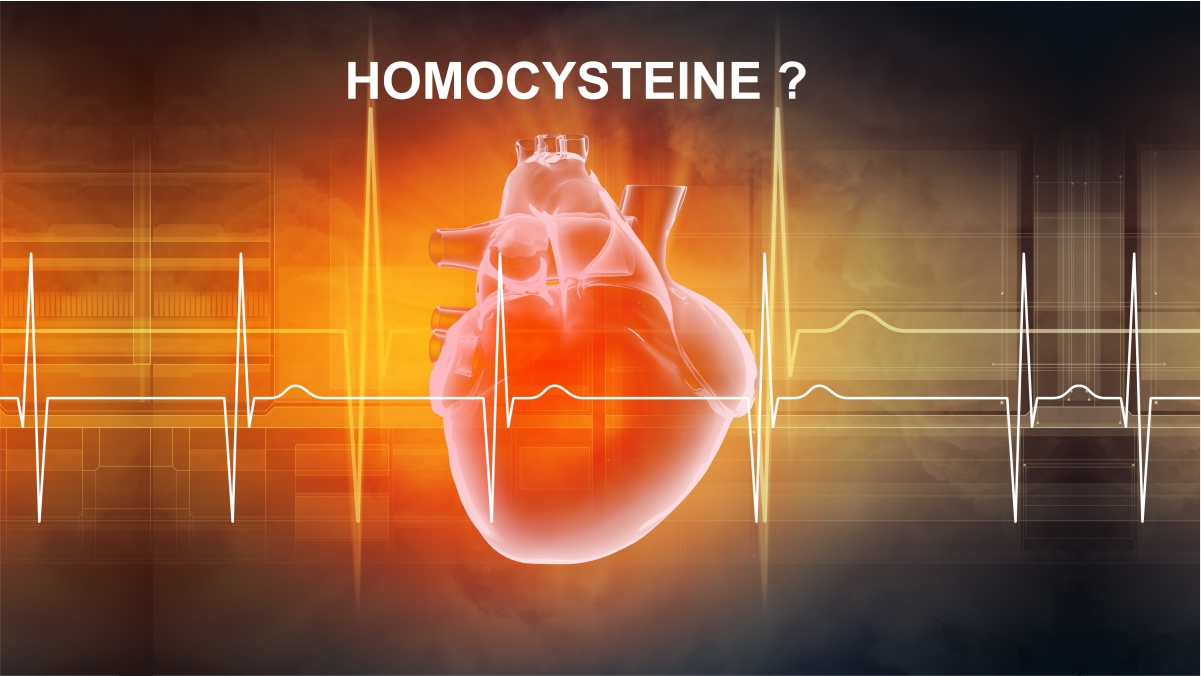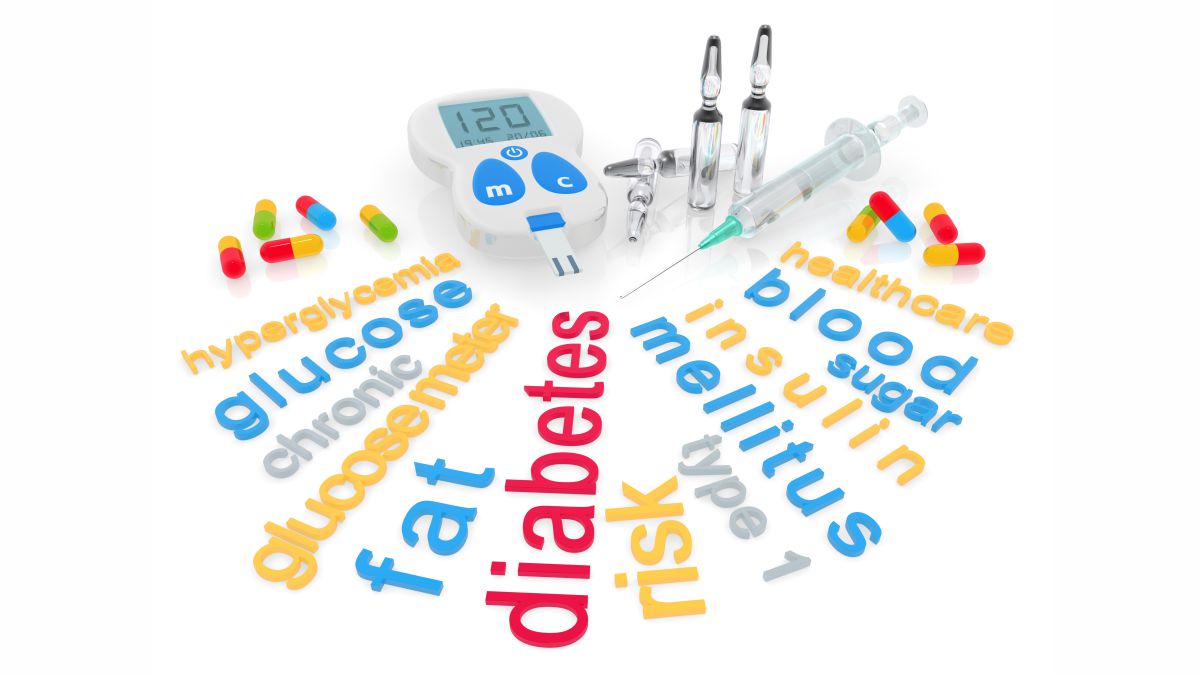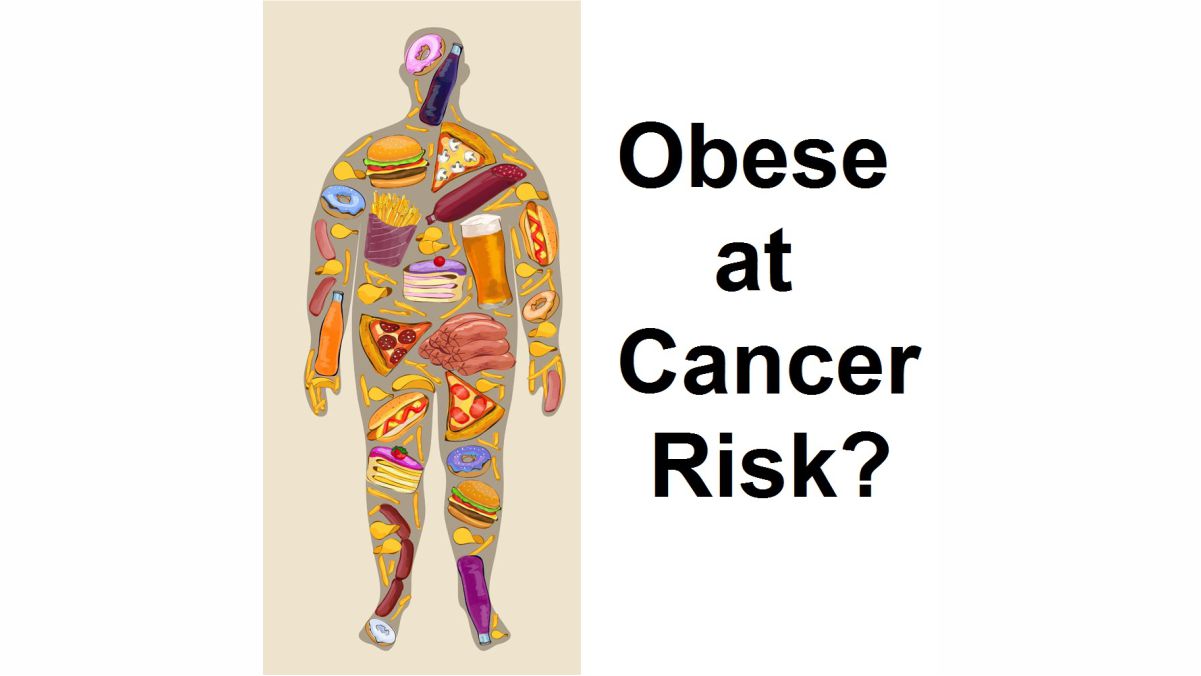
Why should one worry about homocysteine levels? What is it?
Homocysteine is an amino acid which is majorly a building block for proteins in our body. This amino acid is synthesised through a set of reactions which include another amino acid namely, methionine in our body along with vitamin B6. Homocysteine can also be further reconverted to methionine with the help of vitamin B12. It is required in critical amounts in our body; however, if found in more than its expected quantities it may be a sign of certain conditions.
Why are Homocysteine levels tested?
Elevation of Homocysteine levels in the blood are associated with various factors such as, , Deficiency of Vitamin B12 and folate, Risk towards heart attack / stroke.
Homocysteine and Cardiovascular disease- The relation ?
Elevation of homocysteine levels has been found to have an association with heart attacks, strokes and formation of blood clots. Moreover, the elevation in its levels is more attributed to individuals who do not show an inclination towards the classic risk factors of cardiovascular problems namely, high blood pressure, high cholesterol levels, smoking or diabetes.
How does its elevation effect?
Elevated levels of homocysteine can pose danger to the inner lining of the blood vessels. Thereby, increasing the risk of conditions like atherosclerosis (narrowing of blood vessels due to plaque formation) which ultimately leads to cardiac problems.
Who should be tested?
- As a part of assessing cardiovascular disease risk
- Individuals with family history of coronary artery disease (but classic risk factors are not present)
- Malnourished individuals (to check for conditions related to vitamin B12 malabsorption)
Today, Homocysteinetest is done using serum sample by highly sensitive and robust platform of Chemiluminescence immunoassay (CLIA).
Be aware of the risk that your heart can be at, And deficiencies you can suffer from!










